Propagandistic ideologies were considered as anti-Soviet, government-issued behaviors. These behaviors include: disobeying the laws of communistic fashion, arguing the politically suiting socialist values, and supporting the “wrong way” to love. Loving the same sex.
The challenges of being non-heterosexual in the strict communist empire were something Western citizens couldn’t imagine in everyday life. Since 1933, homosexuality was considered to be a mental disorder in the Soviet Union and was punished with 3 to 5 years in prison for men and psychiatric hospitals for women. The most suitable term that would describe the life of a Soviet gay person before 1991 is “witch hunt.” Constant oppression, refusal of health care, conversion therapy in case of outing, harassment, condemnation, and denunciation. Denunciation was terrifying not only because gay people could be sentenced to jail or sent away to asylums but also because the walls had ears. The possibility of being caught with same-sex lovers by a non-supportive family or offended friend could cost one’s freedom. The betrayal of the closest people in one’s life hit harder than the regime’s dehumanization. The chance of being falsely accused was also high – any difference in one’s appearance, such as shorter hair for women and longer for men, shorter skirts or pants, higher heels, unusual jewelry, vibrant colors, or any “inappropriate” slogans, was considered western influence and could result in a fine. The fashion choice was essential during the regime’s reign

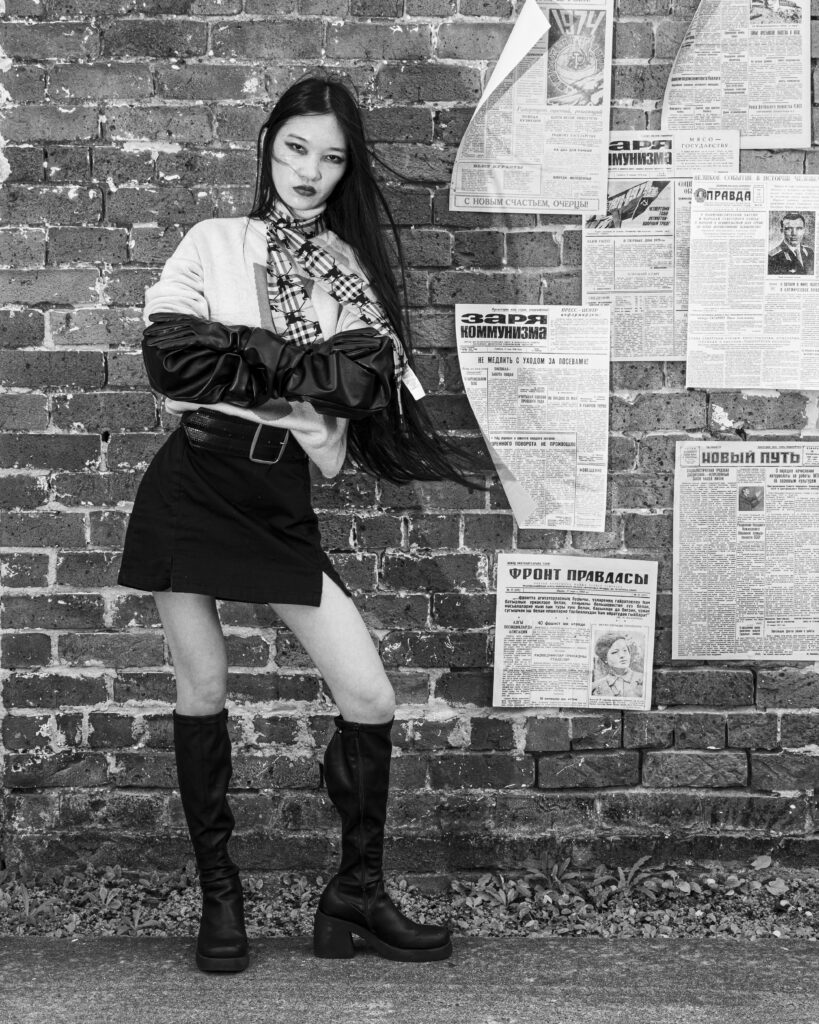
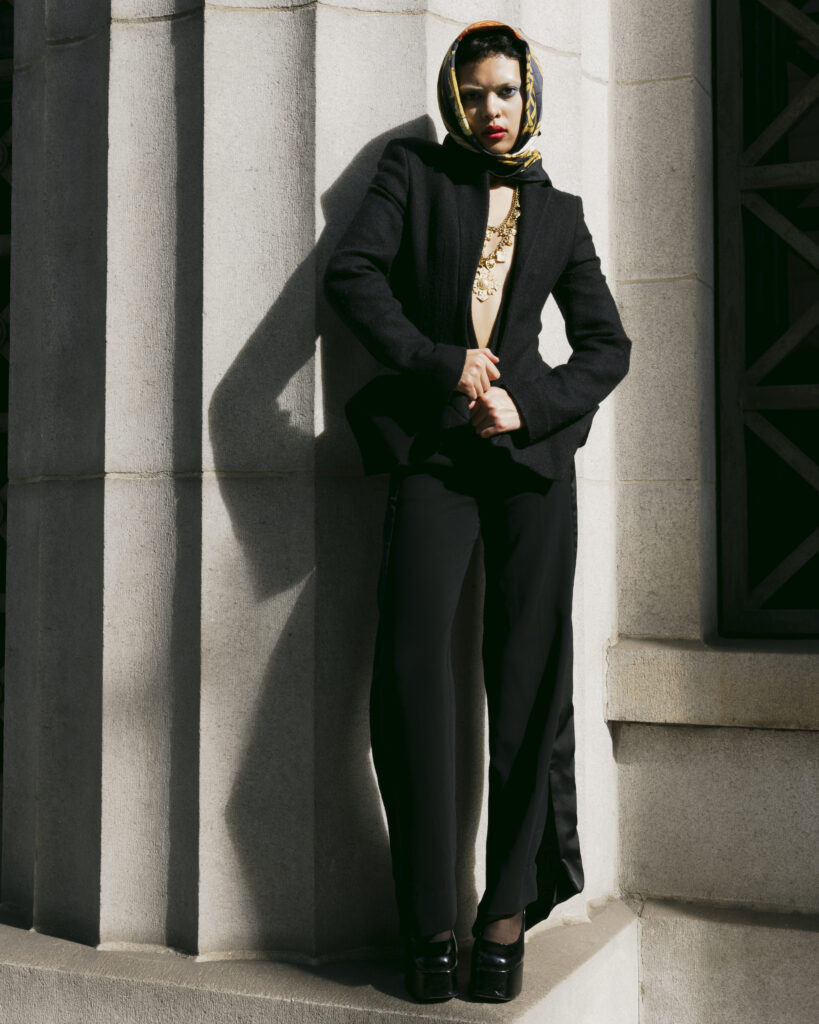
Following the fall of the Berlin Wall on November 9th, 1989, and several uprisings in the Soviet districts, the first communist empire collapsed on December 25th, 1991, leaving 15 ex-socialist republics to their own fate. People’s lives changed in the same second their passports became documents of a country that no longer existed. Due to the following hyperinflation, savings burned in bank accounts, the job market collapsed, the Iron Curtain was destroyed, borders opened, and the nationality of the “Soviet person” was forgotten.
With the country, the laws have sunk into oblivion, and in 1993 the successor of the Soviet Union, Russia, officially decriminalized homosexual acts, opening up a flurry of possibilities for queer youth in music, art, cinema, and political industries. The transformed art scene and access to Western influence, including music records and fashion brands, allowed the young generation to be free in their expression. The world trading allowed ladies to experiment with makeup with one of the first foreign brand exports to ex-Soviet states. With only two colors available, baby pink and bright blue, the “Guerlain” eyeshadow palette made the look of a 90’s face. Old leather military coats were refreshed with brighter colors and thick belts. Banned cultural ornaments were printed on silk scarves and worn everywhere to symbolize upcoming freedom and shoe heels height was changed from 1 inch to 3 or even more. And this is how, from the ashes of fallen totalitarian society, one of the most influential queer bands was created, t.A.T.u.
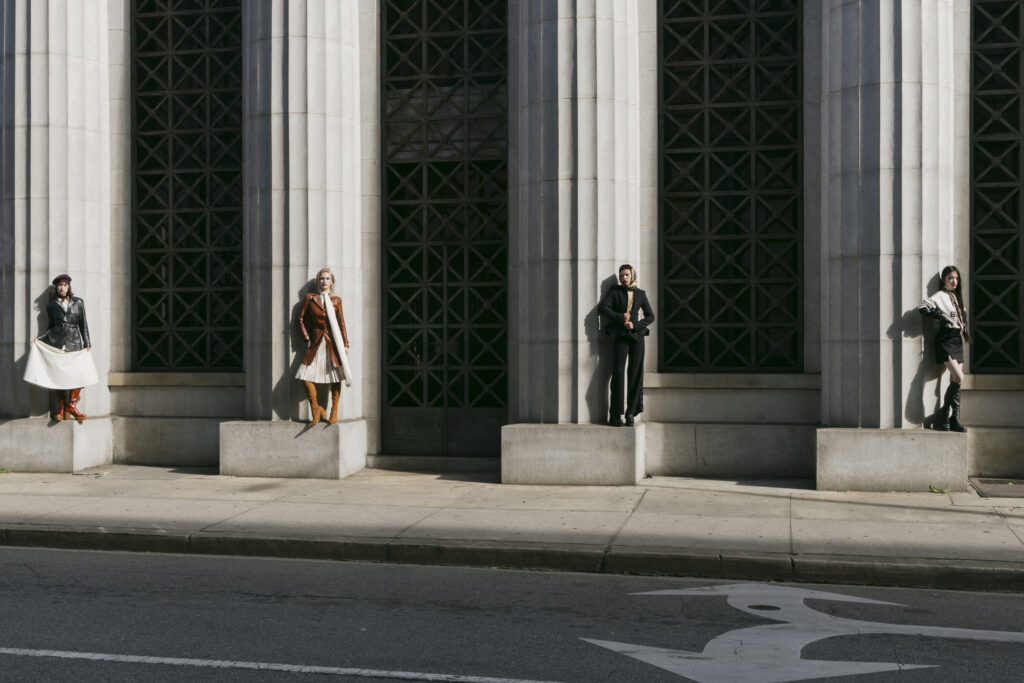
In 2000, 14-year-olds Lena Katina and Julia Volkova, debuted as the Russian pop duo t.A.T.u, a Russian acronym that translates to “this girl loves that girl.” They’re most widely known for their schoolgirl style and hit song “All The Things She Said,” which was released globally in 2002. The song tells the story of two teen girls expressing their frustrating desire for each other. The girls claimed that they were never lesbians or queer by any means, but that was just a part of their act. While some feel that the queer baiting was exploitative, others recognize that despite it being a facade, the sapphic themes of their image boosted support for the gay rights movement in Russia tremendously and established t.A.T.u as a political symbol.
t.A.T.u’s political statements extended beyond gay rights as they strategically used their platform to send anti-war messages. The pair appeared on The Tonight Show with Jay Leno in 2003 wearing shirts that read “F*** the War” in Russian, a detail that was missed by the show’s team until after it aired because they did not understand Russian. This was a direct reference to the war in Iraq.
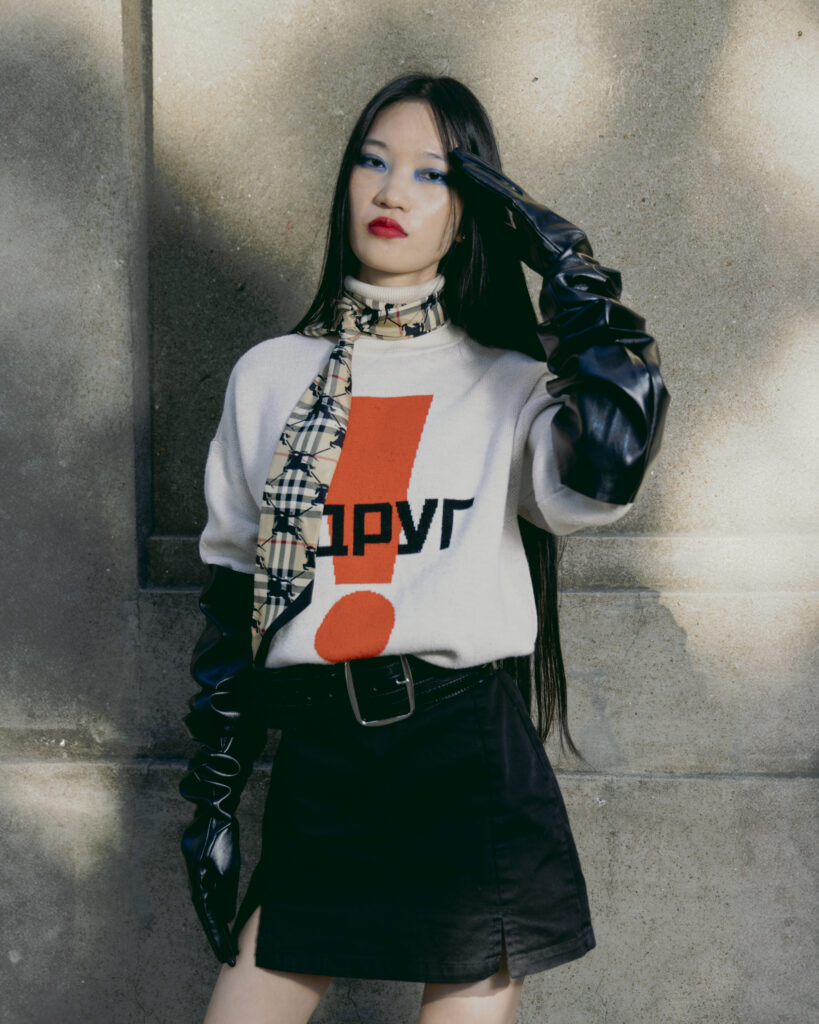
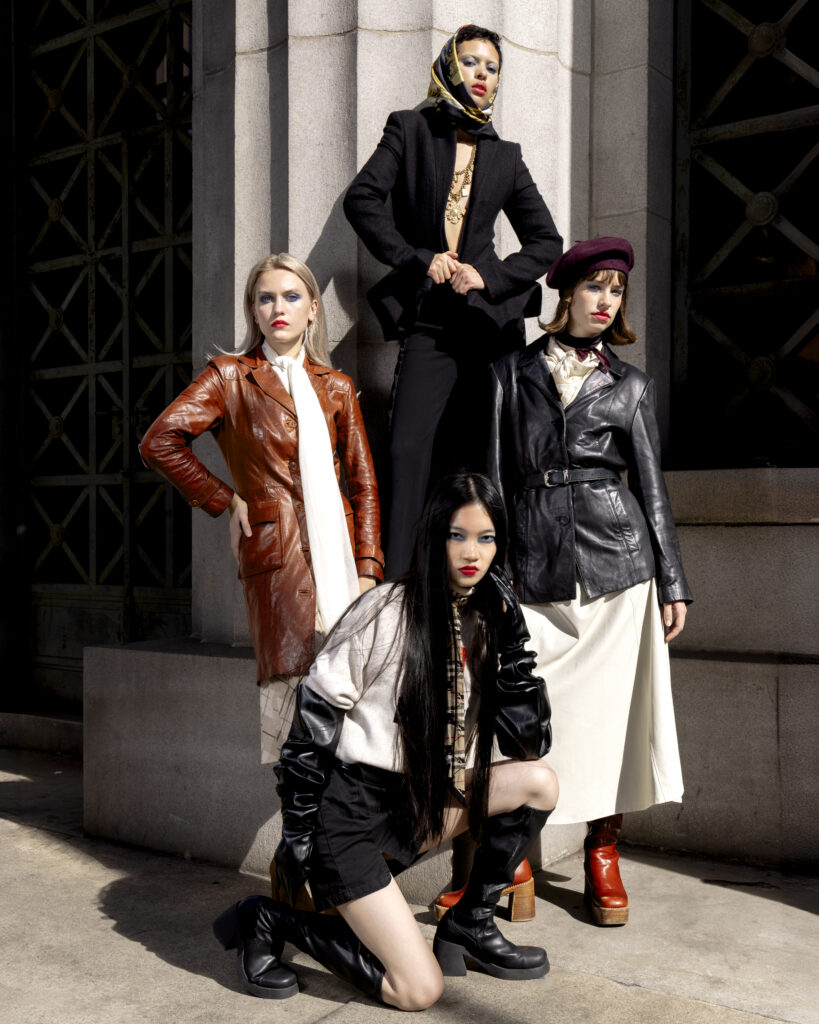
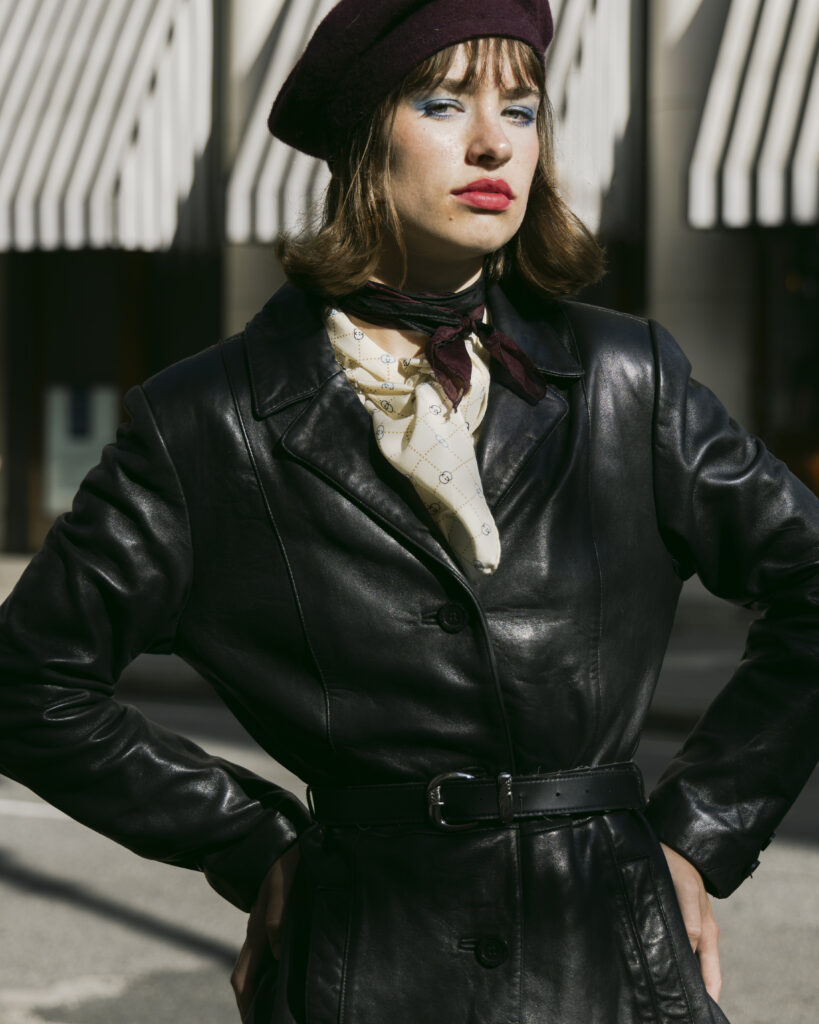
To the many oppressed citizens of Russia who could not express who they were or their true political alignments, t.A.T.u was a beacon of hope. Their global support was overwhelming and stood its ground against those who would try to take down their message. They inspired many to live their lives in truth instead of fear in a time and place where fear was used to control the masses. Even today, All The Things She Said is an example for young girls worldwide, showing them that their feelings for each other are normal.
While t.A.T.u popularized the idea of accepting homosexual relationships and protested against homophobic movements, the Russian government changed the course of its politics to put minorities on blast. The first “red flags” occurred long before any official actions were taken. The invasion of the Chechen Republic in 1999 turned into a bloody massacre for several years and later on ensured Russia’s influence on the Northern Caucasus, securing access to the borders of Georgia. In 2008, Russia invaded and annexed 20% of Georgia’s territory, which resulted in judgment from Western countries, words that Russian politicians did not like.
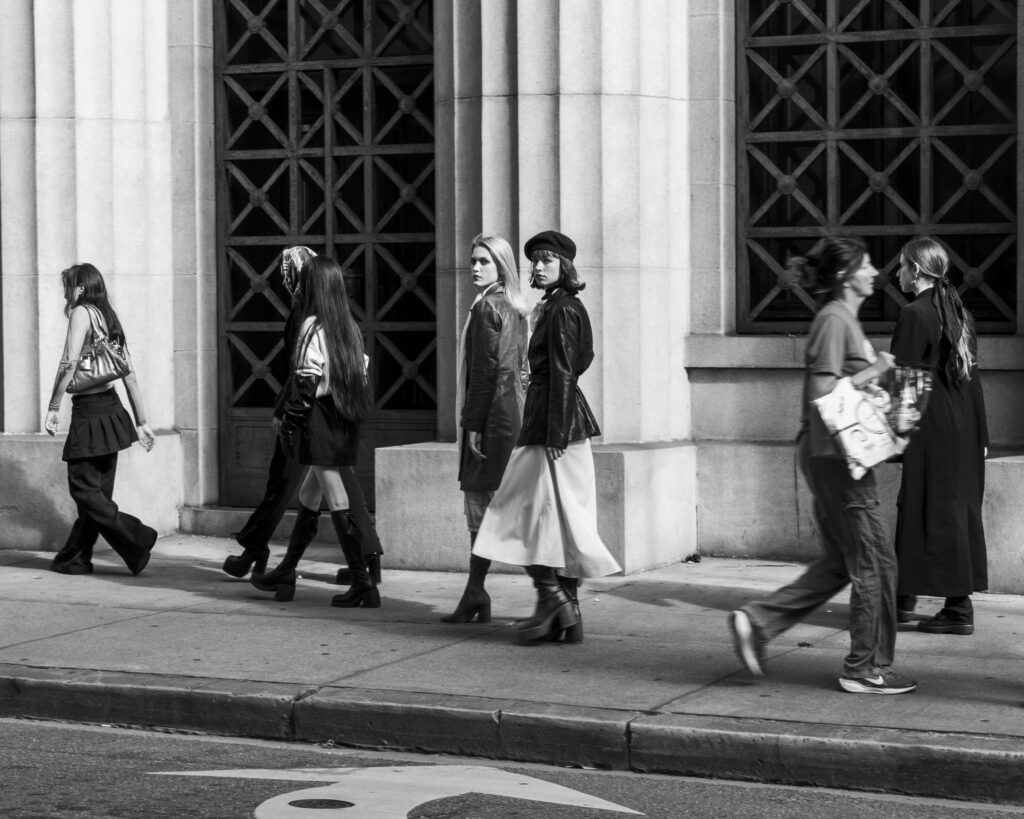
Since then, Russia started its campaign to separate itself from “Western values.” They banned Americans from adopting Russian children, minimized the budget for English-learning programs in school, and finally, maximized the propaganda of “traditional values.” Since 2013, the Russian government has proposed a law declaring that any showcasing of homosexual relationships, including social media posts and basic holding hands in public, will be charged as a crime of propagandizing non-traditional relationships to minors.
Since then, events have taken a drastic turn. In 2017, the cruel termination of massive anti-government protests was followed up with the unfortunate, famous anti-gay purges in Chechnya. The Chechen Republic’s government doesn’t prosecute crimes that were done under the name of “honor killing,” or murdering of families for the sole purpose of cleaning up the family’s name from the atrocities said individual committed. For example, leaving an abusive household, rejecting arranged marriages, or loving a person of the same sex. During the purge, more than 40 people were rounded up on suspicion of being gay, held in unofficial detention camps for days, humiliated, starved, tortured, then passed down and exposed to their families as homosexual, and encouraged their relatives to carry on honor killings. Several years passed, but not one policeman was detained for these actions.
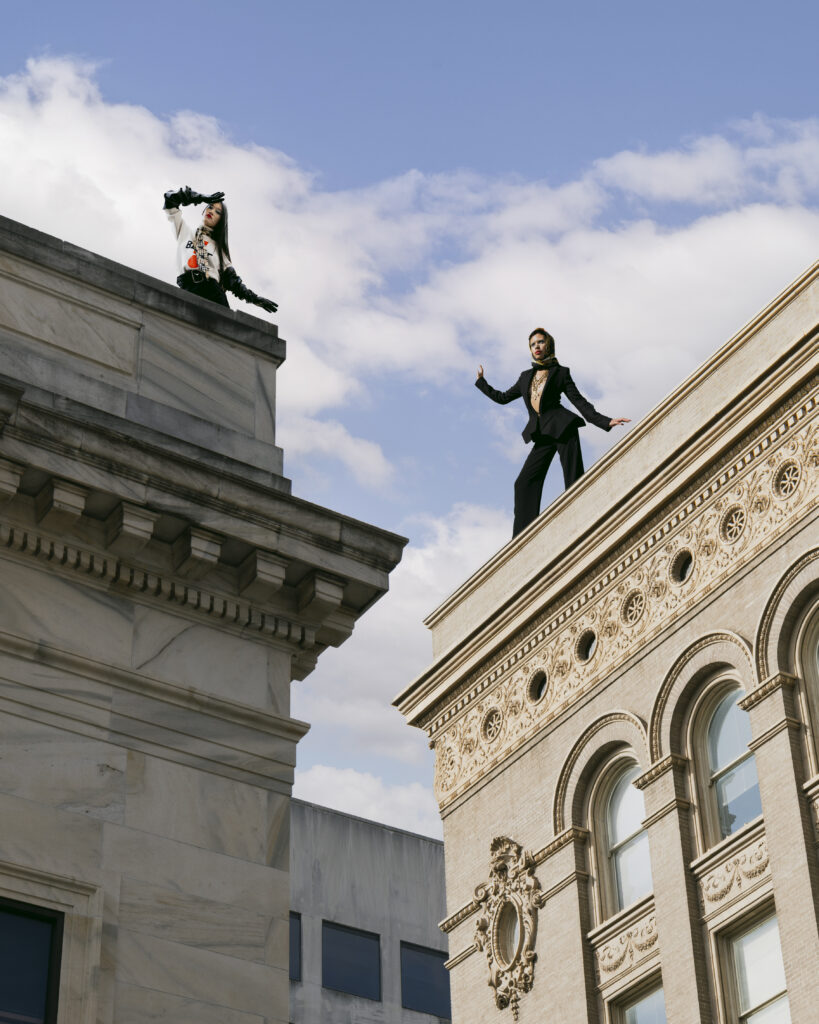
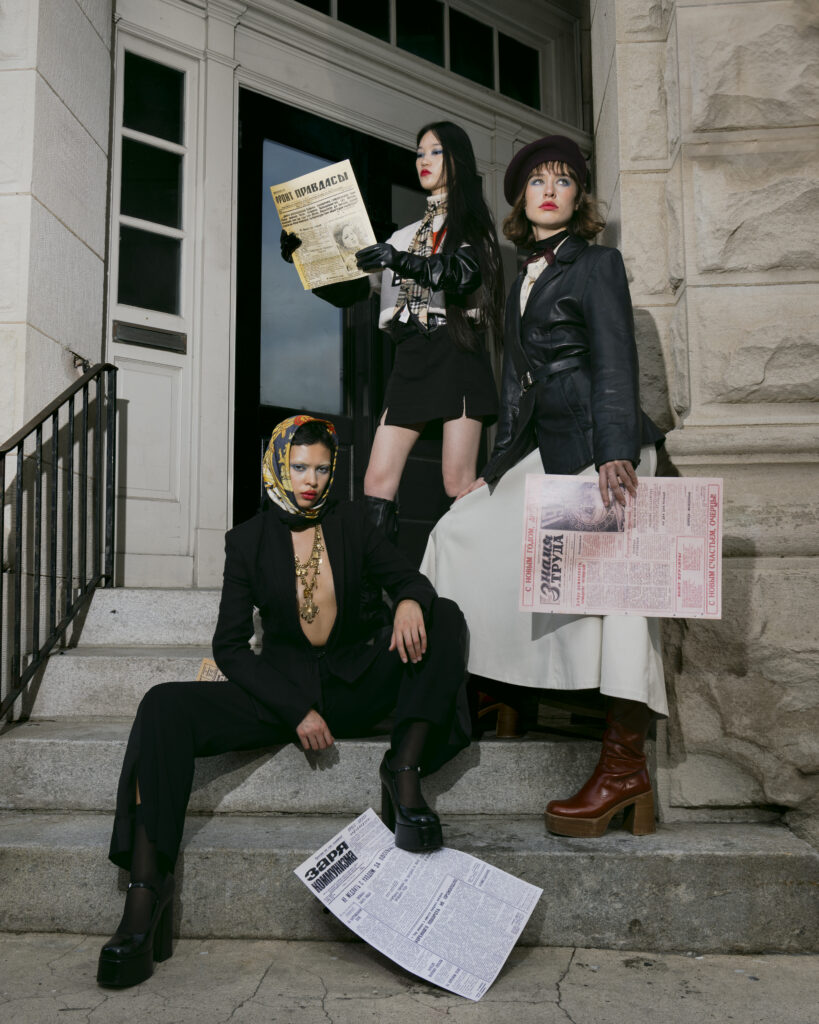
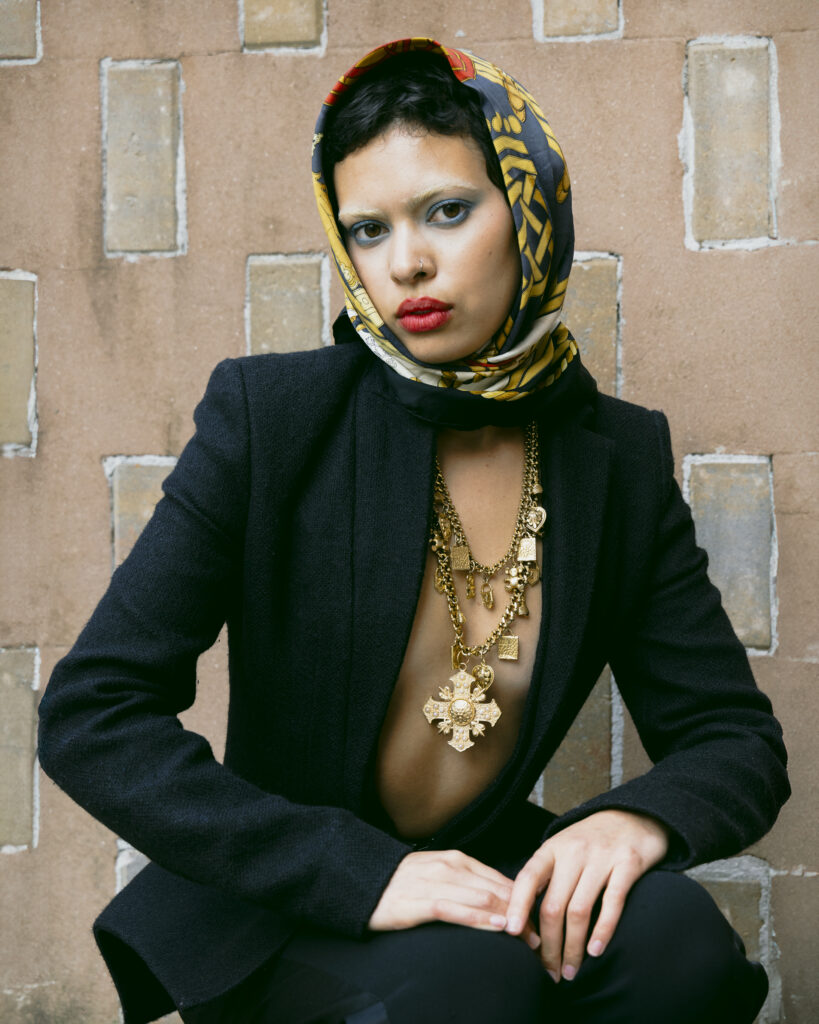
Since then, no one in the LGBT+ community has been protected from conversion therapy, forced outings, jail time, correcting sexual assault, and physical/mental abuse. In case of experiencing anything mentioned above, there is no protection for a queer person. Not one law enforcement will fight for the rights of a homosexual individual, because, according to Russian law, the abuse of homosexual people doesn’t exist, only the “protection of traditional values”. The hope of being able to live freely in Russia as an open homosexual is gone, like it never existed.
Creative Direction, Writing, Styling, and Production Design by Violetta Somov
Co-writing by Mishi Ali
Photography by Lulu Hamilton
Photo assistance by Urja Atre
Makeup by Ari Young Sang
Co-styling by Sidney Shaffer and Reese Hyde
Talent by Joelle Tsareva, Flora Medina, Alexa Chepolis, and Tanya Li

